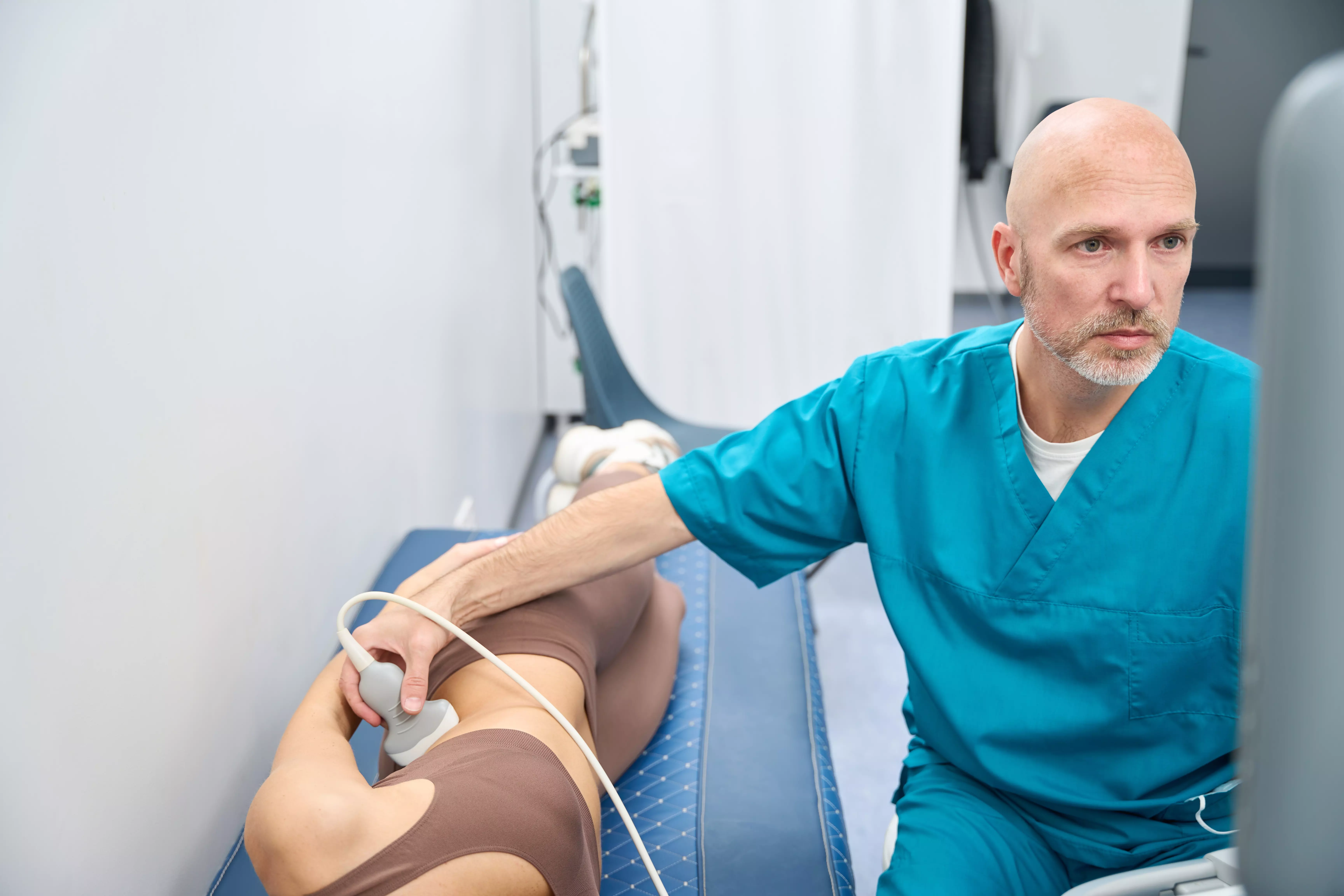What is kidney disease progression monitoring?
Monitoring the progression of kidney disease is a process that aims to control the health of patients in the early stages of the disease. Kidney disease is becoming increasingly prevalent and can lead to serious health problems, including kidney failure. Early detection and step-by-step monitoring of disease progression is key to preventing complications and maintaining good health.
Why is monitoring the progression of kidney disease important?
Although kidney disease in its early stages can often be asymptomatic, it leads to gradual kidney damage and increased levels of toxins in the blood. Monitoring allows early detection of changes and appropriate action. Regular examinations and check-ups allow doctors to monitor kidney status, assess kidney function and evaluate the risk of further deterioration in patients' health.
What are the methods of monitoring the progression of kidney disease?
When monitoring the progression of kidney disease, your doctor may recommend additional laboratory tests, such as testing creatinine and blood urea levels. These tests can provide information about kidney function and the level of toxins in the blood. In addition, urinalysis can be useful for detecting possible changes, such as loss of protein in the urine or the presence of blood.

Medical imaging, such as computed tomography (CT) scans, magnetic resonance imaging (MRI) or ultrasound, can help assess kidney structure and identify possible changes leading to disease. These testing methods provide a more detailed picture of the kidney's condition and can be used in the early stages, when signs of disease are not visible on standard laboratory tests.
How often should kidney disease progression be monitored?
Regular monitoring of kidney disease progression depends on a number of factors, such as the stage and cause of the disease, the patient's health status and test results. For patients with early-stage kidney disease, weekly or biweekly laboratory tests and follow-up by a doctor every few months are usually recommended. For some patients at higher risk of complications, monitoring may be required more frequently.
What are the benefits of monitoring the progression of kidney disease?
Regular monitoring of kidney disease progression allows for earlier detection of possible changes and response to them. This allows the doctor to implement appropriate treatment and recommendations to control the disease and minimize the risk of complications. In addition, patients can take greater care of their health with greater awareness and take appropriate measures to maintain normal kidney function and improve their quality of life.
Summary
Monitoring the progression of kidney disease in patients at an early stage is a key element in preventing complications and maintaining good health. Regular laboratory tests, urinalysis and medical imaging can monitor kidney function and identify any changes in kidney structure. Early detection and response to changes allows for effective management of kidney disease and minimization of the risk of complications. It is also important that patients are aware of the need for monitoring and take appropriate measures to maintain healthy kidneys and improve quality of life.
Add comment